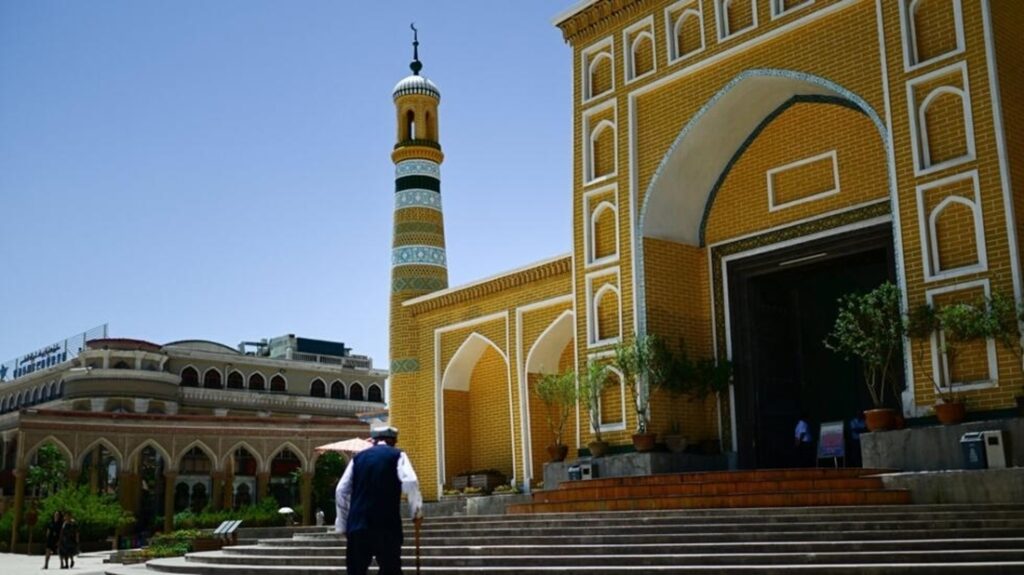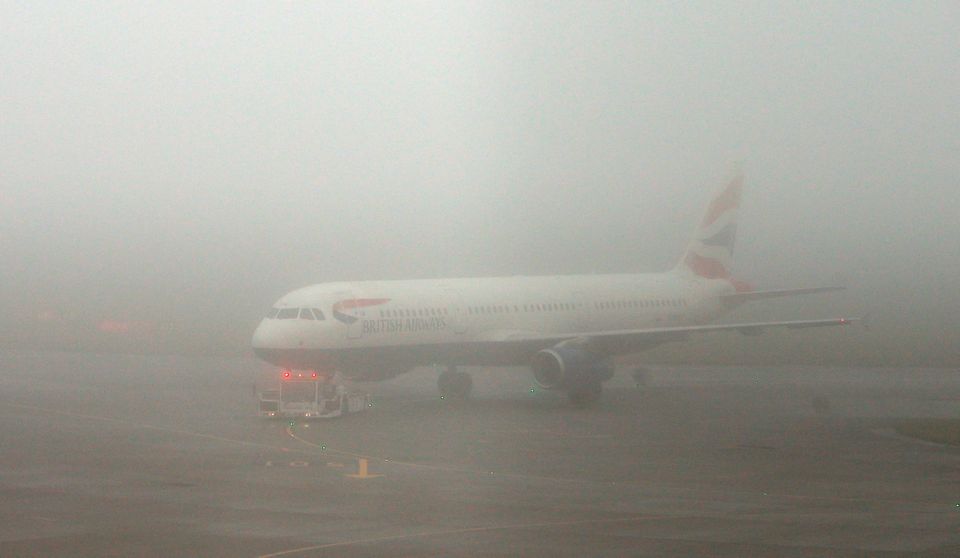The Chinese government’s crackdown on mosques has extended beyond the borders of Xinjiang, the region where it has long been accused of persecuting Muslim minorities, according to a report released by Human Rights Watch on Wednesday.
The report reveals that authorities in the northern Ningxia region and Gansu province have closed mosques as part of an official process known as “consolidation.” These areas are home to significant populations of Hui Muslims. Human Rights Watch compiled the report based on public documents, satellite images, and testimonies from witnesses.
In addition to closures, local authorities have been removing architectural elements from mosques to give them a more “Chinese” appearance. This move is part of a broader campaign by the ruling Communist Party to exert greater control over religious practices and minimise the potential for challenges to its authority.
Since 2016, when President Xi Jinping called for the “Sinicization” of religions, the Chinese government has intensified its crackdown, primarily focusing on Xinjiang, where over 11 million Uyghurs and other Muslim minorities reside.
According to Human Rights Watch, Chinese authorities have taken various measures in regions outside Xinjiang, including decommissioning, closing down, demolishing, or re-purposing mosques for secular use. Disturbingly, the report also highlights videos obtained by the organisation that show damage inflicted on the ablution hall of one mosque.
The expansion of the mosque crackdown beyond Xinjiang raises concerns about the worsening situation for religious freedom in China. Human rights advocates continue to call on the international community to address these human rights violations and press for meaningful change to protect the rights of religious minorities in the country.









No comment yet, add your voice below!